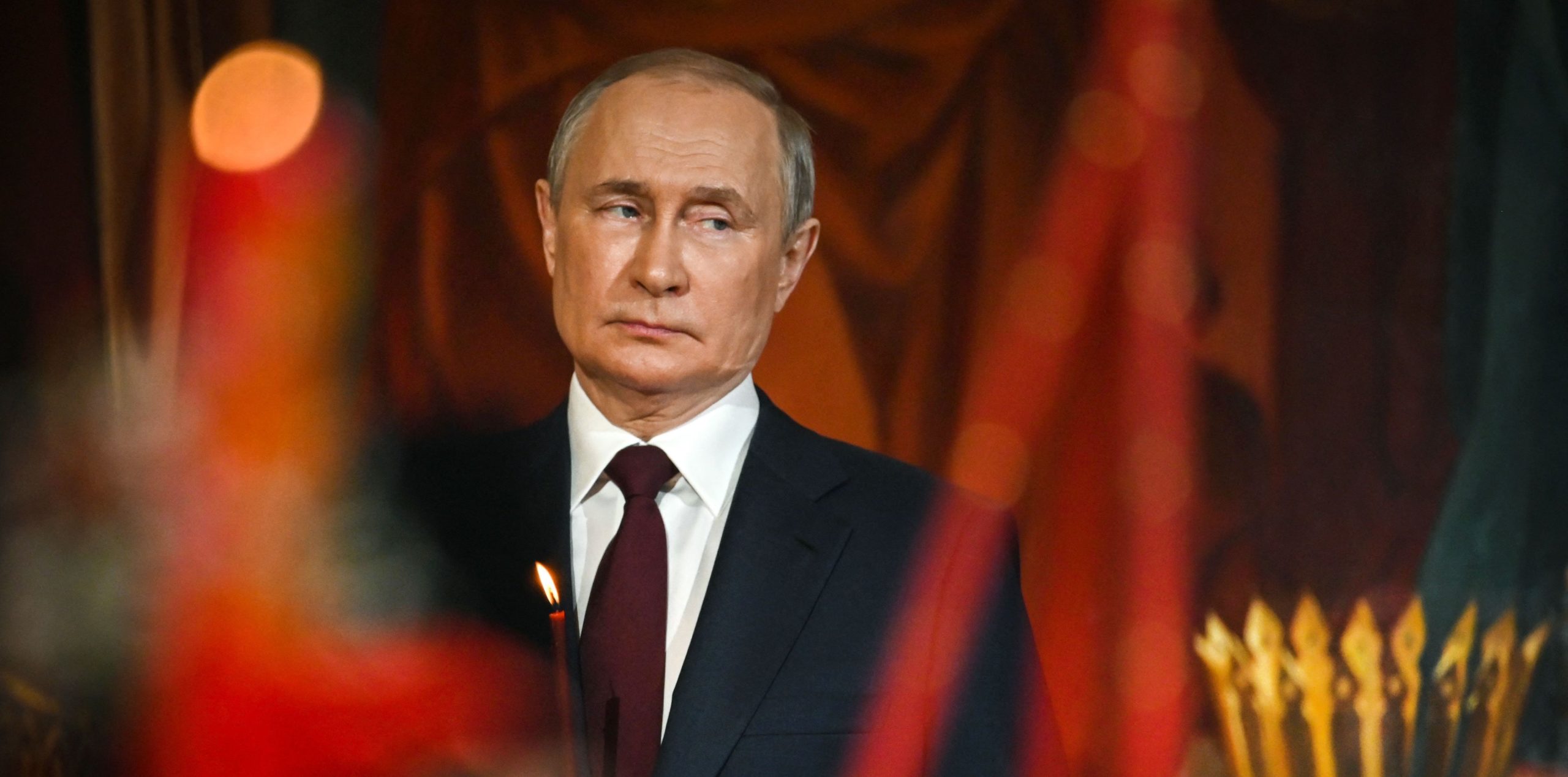The cutting of Russian gas supplies to Poland and Bulgaria appears to have had the intended effect this week: gas prices shot up by 20%. Energy companies having since been scrambling for ways to meet Russian demands, in spite of European Commission President Ursula von der Leyen retort that this amounted to ‘blackmail’.
Ostensibly, the Russian energy giant Gazprom cut off Poland and Bulgaria ‘due to absence of payments in rubles.’ Moscow has demanded for some time that all payments for energy exports be made in the currency — a move as much intended to stabilise its economy as to exercise control over countries dependent on Russian gas and oil.
Gazprom’s move is meant to show that Russia is not making idle threats, that it will cut off ‘unfriendly’ countries refusing to pay in rubles. Now, European energy companies have buckled under pressure. German energy giant Uniper claims that ‘a short-term loss of Russian gas is impossible’ and advocates a compromise solution that ‘conforms with the sanctions and the Russian decree’. The company said that it will pay for Russian gas in euros which will be converted into roubles due to concerns about supply cuts.
Whether this move means that companies like Uniper actually break the letter of the sanctions law is besides the point. Moscow timed its move very carefully to crank up the political pressure on EU countries, especially Germany. Finding a solution — legal or not — that bypasses the sanctions will be interpreted as a sign of weakness and division.
On Tuesday, shortly before Gazprom’s decision emerged later that afternoon, the German Economy Minister Robert Habeck paid a visit to Poland where he negotiated an important agreement to help end Germany’s dependence on Russian oil. In future, the Baltic port of Gdansk can be used to supply the important refinery of Schwedt on the German-Polish border with imported oil, making an EU ban on Russian oil possible. The timing of the move against Poland and Bulgaria shows how jittery Moscow is when it comes to energy exports to Europe.
Gazprom also chose its targets for maximum political impact with minimal economic consequences. Poland in particular has shown itself to be bullish in its defiance of Russian aggression and in its support for Ukraine. It made a suitable target for a Russian show of strength against ‘unfriendly countries’.
Poland has also worked for years to make itself independent of Russian energy and was getting ready to stop imports towards the end of the year in any case. The Yamal–Europe pipeline that runs the 2500 miles from Siberia to central Europe is therefore an ideal target. From October this year, Norway will send the same amount of gas through the new ‘Baltic Pipe’, so cutting Poland off from Yamal is therefore no real loss to Gazprom. The real target of its blackmail is Germany, where the pipeline ends in the compressor station of Mallnow, just the other side of the border with Poland.
Both Moscow and NATO allies will watch very closely how Germany and other European nations similarly dependent on Russian energy will respond to Putin’s blackmail. Finding ways to fulfil Moscow’s demands will be read as a sign that gas can be used as leverage to break Western unity.
Donald Tusk, former president of the European Council and Former Polish PM, expressed the doubts of many when he asked on Twitter: “I’ve heard that not only Hungary but also Austria and Germany are ready to pay for the Russian gas in rubles. Are they still in eurozone or in rublezone?”
European energy companies must not be allowed to circumvent sanctions against Russia. Gazprom’s move to cut off Poland and Bulgaria is a sign of Russian despair — to yield to such blackmail would be a display of Europe’s.











Join the discussion
Join like minded readers that support our journalism by becoming a paid subscriber
To join the discussion in the comments, become a paid subscriber.
Join like minded readers that support our journalism, read unlimited articles and enjoy other subscriber-only benefits.
Subscribe